Disclosure: This article may contain affiliate links. If you decide to make a purchase, I may make a small commission at no extra cost to you.
Carrageenan is something that you’ll find in a lot of food products and supplements like omega 3. It’s mainly used as a food additive to thicken up the product and bind ingredients. In recent years, Carrageenan, derived from red algae, has been found to increase inflammation and even be harmful to cells in the body.
The controversy around this additive has been going on for decades. Even as far back as 1970, the FDA considered banning this substance. In late 2018, the United States Department of Agriculture will publish its research to determine whether or not it is safe and should be removed from food products.
Trying to find a good vegan omega 3 supplement that doesn’t contain this substance can be difficult. Fortunately, companies’ took notice that some vegans would like to avoid carrageenan and its potential dangers, and have since developed products to meet your needs.
Potential dangers of Carrageenan
Before I share a few omega 3 supplements that are carrageenan-free, here is a shortlist of a few potential issues with this substance based on scientific research.
- It causes gut inflammation and may be damaging to cells.
- Could be implicated in the formation of polyps and even colorectal cancer.
- Immune system suppression and dysregulation with increased inflammatory cytokines.
- Glucose intolerance and increase cholesterol.
- Cause or worsen conditions such as ulcerative colitis.
These are just a few of the concerns raised by some researchers who’ve studied the effect of Carrageenan. Later in the article, I will go into a bit more depth for each point. You can also check out my new article on the most recent studies regarding carrageenan and its dangers.
Top Omega 3 supplements without Carrageenan
Below are a few algal oil omega 3 supplements with no Carrageenan. It’s everywhere, and if you’re busy, reading the small print for this ingredient can really take up a lot of time!
So for your convenience, I’ve done the research for you, and came up with a list of which I think are the highest quality omega 3 supplements that are also free of Carrageenan.
#1. Life Extension – DHA Supplement – NO Carrageenan
I’ve put Life Extension’s DHA product in 1st place because the brand is well known for its premium quality supplements and it’s one of the brands that I trust the most. Buying directly from Life Extension also ensures you’ll have great customer service.
If you’re a vegan and you’re already consuming enough ALA from plant sources such as flaxseed and other foods, this is all you’ll need.
The DHA in this omega 3 supplement, like the others, is sourced from algae. It contains 200 mg DHA and is suitable for vegans and vegetarians.
Ingredients: Vegetarian soft gel, (modified tapioca starch, glycerin, purified water, sunflower oil, mixed tocopherols.
See reviews and current price (LifeExtension.com)
#2. The Veggie Doctor – QWELL Algal Omega 3 – NO Carrageenan

It contains both DHA and EPA, making it a great alternative to fish oils. And perhaps an even better tasting one, as it’s made from farm-raised non-GMO algae and free of many toxins and pollutants.
Vegetarians and vegans already struggle to get enough omega 3 in their diet, especially DHA, so it’s great to have a supplement that has generous amounts of DHA, DPA, EPA with some Vitamin E.
A pure product
- Vegan Certified
- No Carrageenan
- No Artificial Colors or Flavors
- No Soy or Rosemary Extract
See reviews and current price (Amazon)
#3. AMANDEAN Sustainably Sourced Algal Oil – NO Carrageenan
Amandean premium omega 3 supplement is a well-balanced providing DHA (300 mg) and EPA (150 mg). Compared to other products, it does contain more ingredients which are typically used to preserve the product from oxidation and are generally considered safe.
Most reviews are positive, however there are some people who believe this product contains carrageenan. After researching, I have found that the new formulation with the silver top uses non-GMO tapioca starch for the vegan soft-gel.
This product is sourced from algae that was grown in a USA lab and not harvested from the ocean. This helps ensure that the product is free from pollutants and contaminants.
Ingredients: Algal oil (Schizochytriumsp. algae), vegan capsule (Non-GMO modified tapioca starch, Non-GMO vegetable based glycerin, purified water), Non-GMO sunflower seed oil, rosemary oil extract (preservative), tocopherols (Vitamin E), ascorbyl palmitate (fat soluble Vitamin C).
See reviews and current price (Amazon)
#4. AMALA Algal Omega 3 – NO Carrageenan
Amala is in 4th place because I feel it’s less balanced and also quite expensive relative to many omega 3 supplements.
Amala omega 3 contains a significant amount of DHA (500 mg), but only 5 mg of EPA.
However, due to the fact that many vegans are already consuming a lot of ALA in their diet, which is converted to EPA more easily, this supplement can help you get more of that important DHA, which is crucial for eye, brain, and heart health.
The supplement contains 60 servings at the lowest dose (1.0 mL) but can be increased if necessary.
One of the main features which separate this omega 3 supplement from other vegan brands is that they a water extraction method instead of hexane, alcohol, and other solvents.
Ingredients: Water, extracted algae oil, natural tocopherol, cold-pressed organic lemon peel oil.
See reviews and current price (Amazon)
Controversy around Carrageenan
As I’ve already mentioned, this substance is used extensively in supplements and foods. Trying to avoid yet another ingredient makes a vegan lifestyle even more difficult in finding suitable products.
But are the dangers of carrageenan overhyped?
I’ll address just briefly address each of the bullet points at the top of the article and show a link to the relevant studies.
Causes cell damage and inflammation
NF-Kappa-B is a master regulator of key inflammatory cytokines and proteins downstream from it. Overexpression can lead to chronic inflammation and is present in many different autoimmune diseases and elevated in aging.
Evidence in animals suggests that feeding carrageenan may induce inflammation in colon cells. It has also been observed that IL-10 (a potent anti-inflammatory cytokine) is unable to completely suppress the inflammation caused by carrageenan. [1]
May increase the growth of polyps
Polyps in the colon can increase the risk of colon cancer. This is why many people over 50 are advised to go for exams every few years and even have biopsies taken.
Anything which irritates or increases their growth may eventually cause cancer. Well, carrageenan has been identified from studies to not initiate the growth of polyps, but it does appear to accelerate their growth.
May exacerbate glucose intolerance and increase cholesterol
Diabetes is one of the fastest-growing conditions in the world, and it appears that this food additive may have a small role to play. Of course, it’s not the only factor, but it’s really not helpful when people’s diets are already quite bad.
In mice, carrageenan has been shown to (by itself) lead to higher fasting glucose and in combination with a high-fat diet may increase glucose intolerance and worsen hyperlipidemia. [2]
Worsens ulcerative colitis
In a randomized, double-blind, placebo-controlled trial in humans, researchers investigated to see whether the common food additive Carrageenan was contributing to the worsening of colitis symptoms.
Twelve patients in the study were either selected to receive the food supplement or a placebo. After this, the patients completed study questionnaires relating to their symptoms.
In the patients who received the carrageenan supplement, three relapsed, while none of the patients who received the placebo relapsed. There was also an increase in IL-6 (an inflammatory marker) in patients who took the food additive.
Therefore, it is advised that patients with this condition avoid this ingredient in common foods, medicines, and supplements.
See what Dr. Greger has to say about Carrageenan
Conclusion
Common food additives may worsen symptoms in susceptible people who are more sensitive than average. Although the evidence is not overwhelming that carrageenan is harmful to the average person, the results of some of these studies should at least make you cautious about limiting your intake.
Omega 3 supplements without carrageenan are few and far between, but fortunately, there are a few good options for those who wish to avoid it.
Reviewed and updated: June 2021
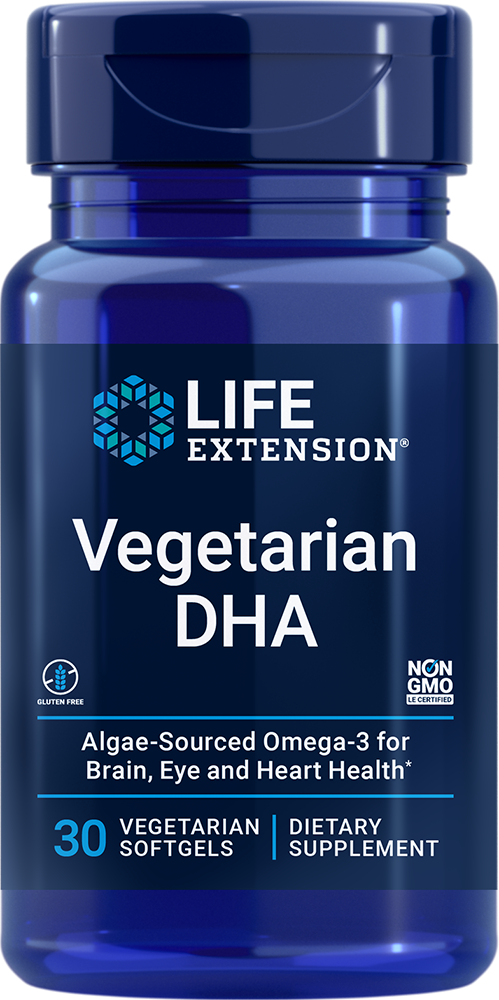


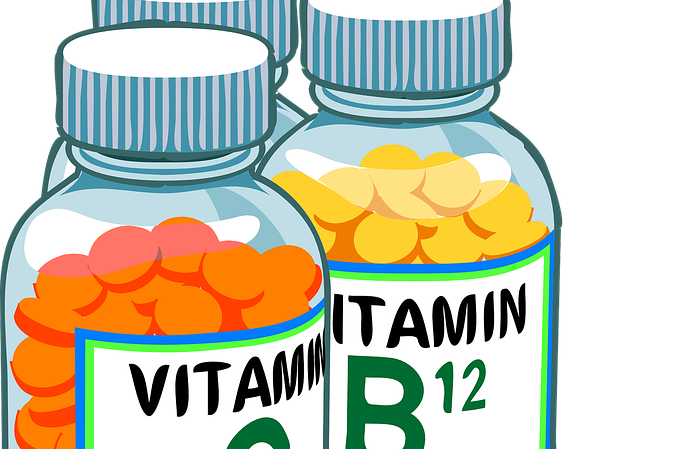


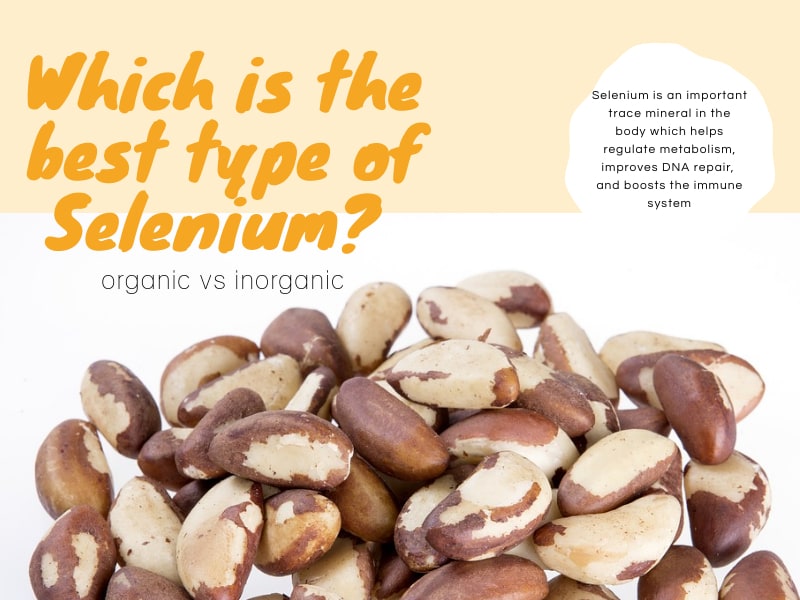
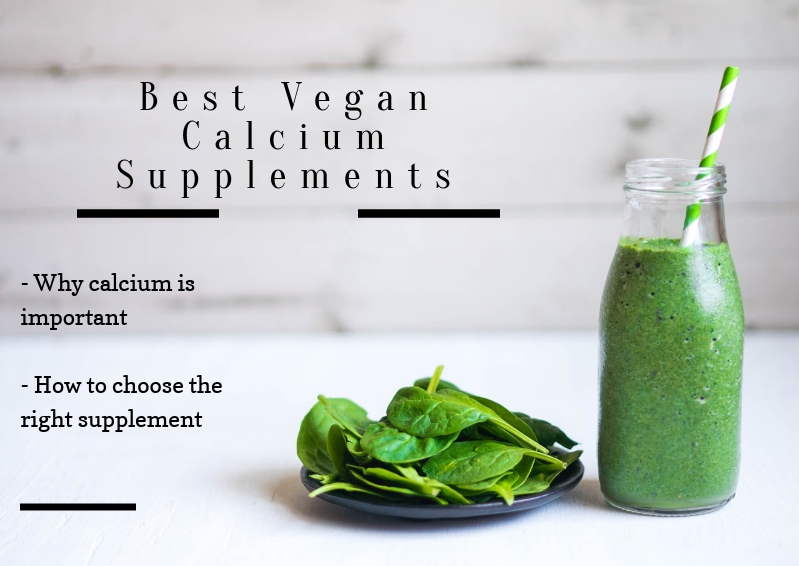
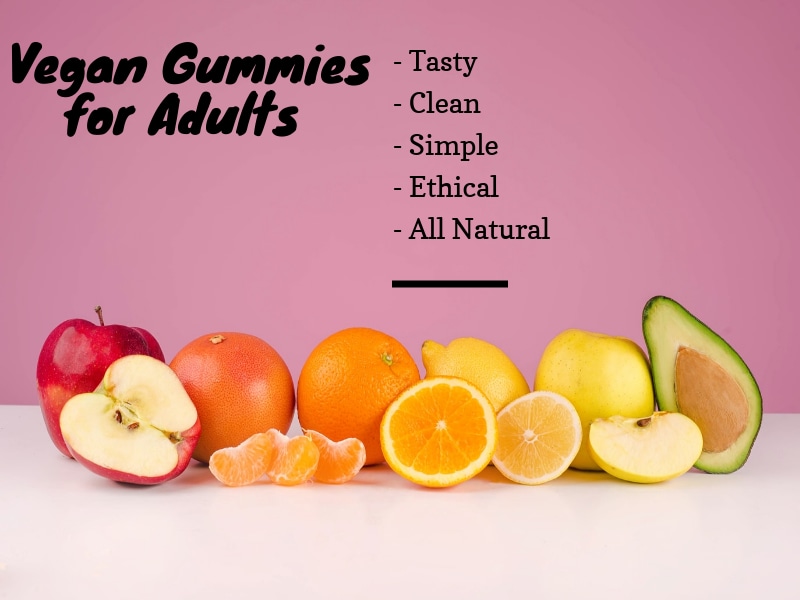
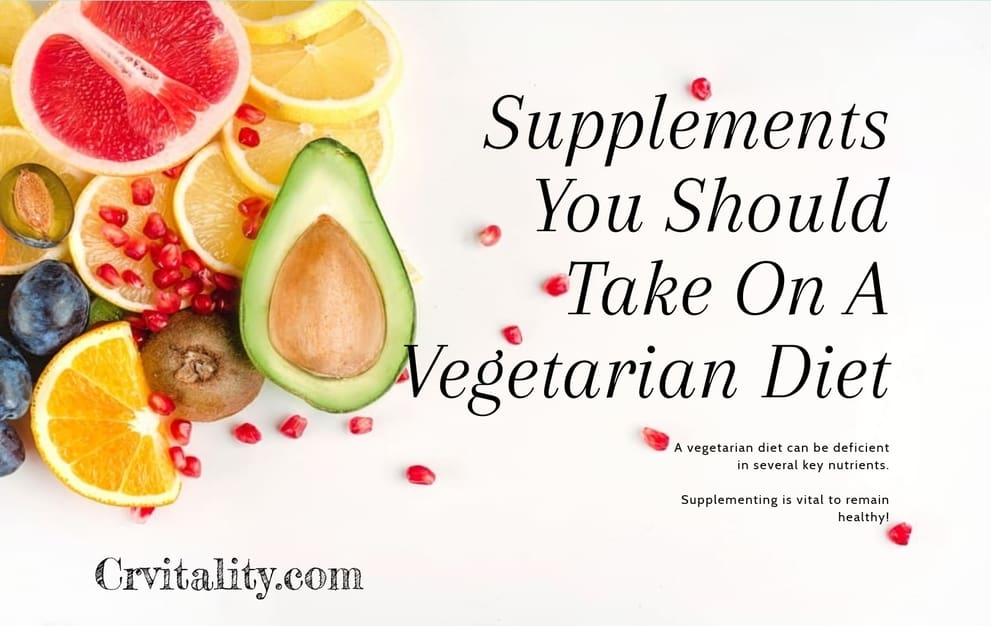

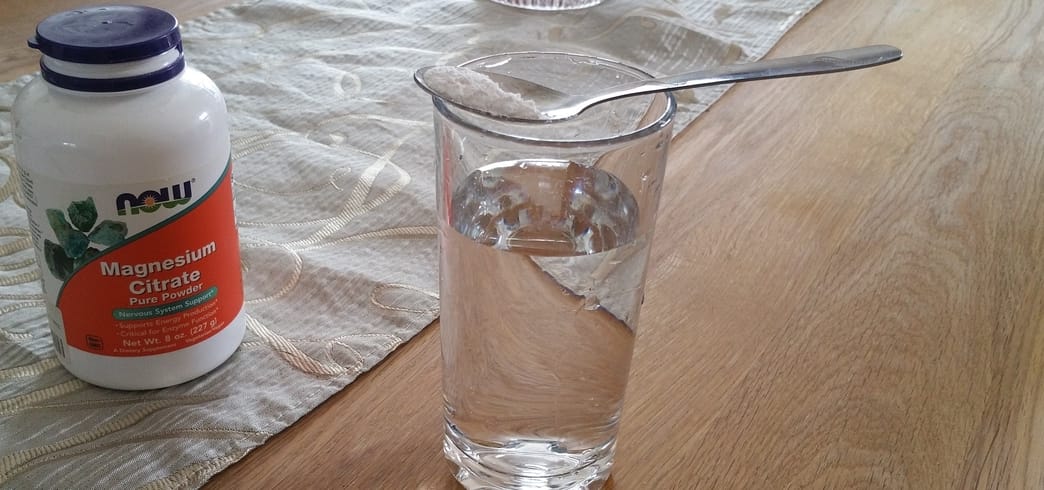

New 60 capsule advertised on Amazon contains carrageenan 🙁
I’ve just reviewed the three products listed here and it appears that the Amala omega 3 capsules now contain Carrageenan. I’ll update this post ASAP. Thank you very much for bringing this to my attention!
Bloom and Nested Omega 3 supplements are still carrageenan free.
I’ve now replaced #3 with an omega 3 supplement by AMALA which does NOT contain carrageenan, unlike their capsules.
Thanks again, Summer!
So grateful for your helpful list! Just wanted to break the news, however, that I just discovered Nested Naturals uses carrageenan in their Omega-3 supplement (under the euphemism “seaweed extract”). They confirmed this to me via email. 🙁
Hi Richard, I appreciate you passing on the information!
I just checked the Nested Omega 3 product that I linked to on Amazon and under ‘customer answer & questions’ Nested Naturals themselves say: “There’s no carrageenan in these capsules” and “Our Vegan Omega-3 supplement does not contain carrageenan”
This is a response to a question and is from the Nested.
I’ll email them and confirm. Thank you! 🙂
Unfortunately, Nested Naturals has since changed their formula as indicated by their response to an Amazon customer on November 20, 2019 which says “We have recently changed our Vegan Omega 3 from a capsule to a softgel, and yes there is Carrageenan in our softgel.” Thank you for your efforts in keeping this list as updated as possible for those searching for healthier alternatives!
Thank you for reaching out and letting me and my readers know of this change. I’ll be removing the product from the list shortly and replacing it with another carrageenan-free omega 3 product.